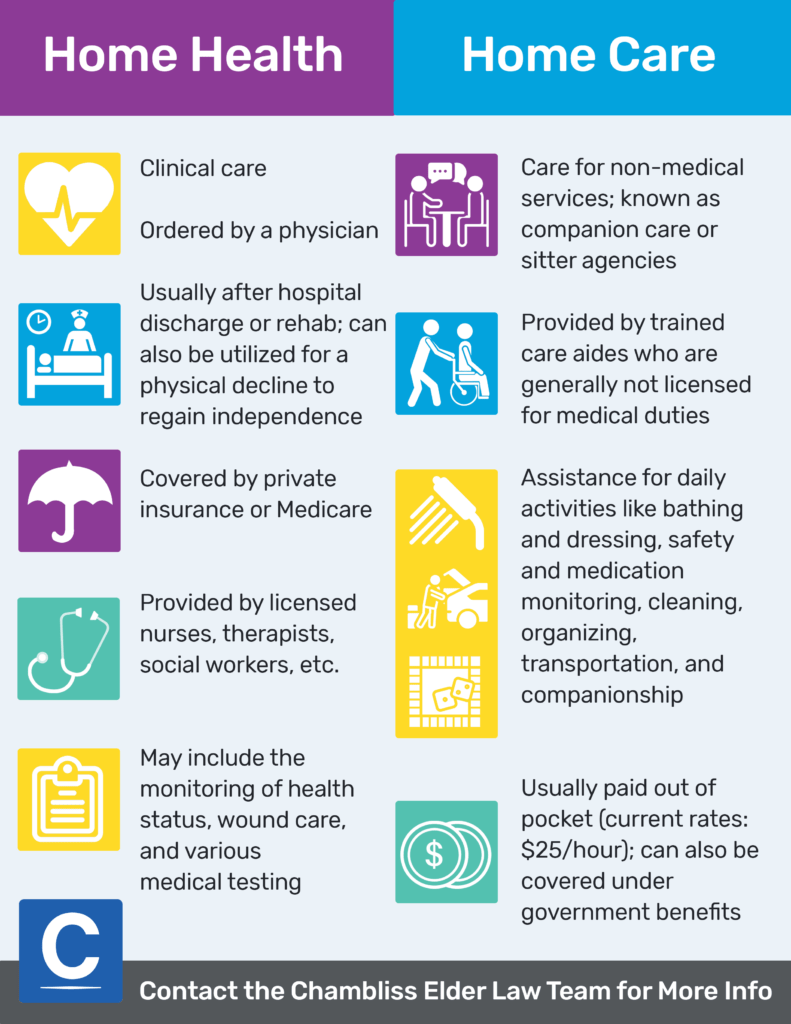The hidden benefits of quality support at home
The hidden benefits of quality support at home
Blog Article
All Regarding Home Care Solutions for Individuals With Disabilities: NDIS Registered Assistance
Home care services under the NDIS play a pivotal role in supporting people with specials needs. These services are designed to boost everyday living via tailored aid, varying from personal like wheelchair assistance. Comprehending how to navigate these options can be complex. This summary explores the different elements of NDIS home treatment, from offered services to the option of service providers, highlighting vital factors to consider for those seeking assistance. The journey toward equipped care starts right here.
Understanding the NDIS and Its Purpose
The National Disability Insurance Coverage Scheme (NDIS) works as a transformative structure made to offer support and services for people with specials needs. Developed to boost the high quality of life and assurance fair accessibility to vital resources, the NDIS empowers individuals by providing individualized strategies customized to their unique needs. It aims to promote independence, allowing individuals to seek their individual goals and aspirations.Through an organized technique, the NDIS assigns financing for various assistances, including education and learning, employment assistance, and community involvement. This comprehensive system not only focuses on immediate treatment but likewise stresses long-term developmental end results. By promoting option and control, the NDIS encourages individuals to choose their recommended provider, ensuring that treatment straightens with their values and preferences. Eventually, the NDIS stands for a substantial dedication to boosting the lives of people with handicaps, promoting inclusivity, and building an extra helpful society.
Sorts Of Home Care Solutions Available
Various kinds of home care solutions satisfy people with disabilities, largely concentrating on personal care aid and break treatment choices. Personal care assistance gives necessary support with daily tasks, while break treatment uses temporary relief for key caregivers. Comprehending these solutions is crucial for ensuring the well-being of both people with specials needs and their family members.
Personal Treatment Help
While navigating every day life can offer obstacles for individuals with specials needs, individual care support supplies crucial assistance tailored to their unique demands. This kind of home care service includes a variety of tasks designed to promote self-reliance and enhance high quality of life. Personal care assistants aid with everyday jobs such as bathing, clothing, grooming, and toileting, making certain individuals preserve individual health and convenience. They might likewise aid with meal prep work, medicine monitoring, and flexibility support. By giving customized care, these specialists encourage individuals to involve more fully in their social activities and daily routines. Overall, individual care support plays a significant duty in cultivating self-respect and autonomy for those with handicaps, allowing them to thrive in their home setting.

Break Treatment Options
Reprieve treatment functions as an important source for households and caretakers of individuals with impairments, giving short-term remedy for the needs of daily caregiving. This kind of service can take various kinds, consisting of in-home break care, where trained professionals go to the home to help with care tasks. Family members may decide for facility-based reprieve treatment, where people receive care in a customized setting, allowing caregivers to take a break. In addition, some companies offer emergency situation break services for unanticipated situations. These options not just aid relieve caregiver anxiety but likewise advertise the well-being of individuals with handicaps by using them new experiences and social communication. In general, break care plays a vital duty in supporting both caregivers and those they take care of.

Just How to Access NDIS Home Treatment Providers
Accessing NDIS home care solutions includes understanding the qualification criteria stated by the National Special Needs Insurance Policy Plan. Individuals need to navigate a structured application procedure to safeguard the essential support tailored to their requirements. This section will clear up both the eligibility needs and the actions entailed in getting solutions.
Eligibility Requirements Discussed
To certify for NDIS home treatment solutions, individuals must meet specific qualification requirements that evaluate their needs and scenarios. First, candidates need to be aged in between 7 and 65 years and have a permanent and significant impairment that influences their capability to do day-to-day activities. Furthermore, they should be an Australian person, a permanent local, or hold a Protected Unique Group Visa. The NDIS calls for evidence of the impairment, usually through medical evaluations or reports. Additionally, individuals need to show that they need support to take part in social and financial life. These requirements ensure that solutions are guided in the direction of those who truly require support, advertising self-reliance and enhanced lifestyle for people with handicaps.
Application Refine Steps
Can I Choose My Very Own Support Workers Via NDIS?
The private inquired whether they might pick their very own assistance employees under the NDIS structure. Normally, individuals have the adaptability to choose support employees, cultivating personalized treatment that straightens with their specific needs and preferences.
What Takes place if My Needs Change After Getting Assistance?
They should interact these adjustments to their service provider if an individual's requirements change after receiving support. Changes can be made to the care strategy, guaranteeing that the assistance remains appropriate and reliable for their scenarios.

Are There Restricts on How Lots Of Hours of Care I Can Obtain?
The individual asked concerning possible limitations on the number of care hours obtained. Usually, such restrictions might exist based upon certain plans or funding arrangements, highlighting the relevance of assessing guidelines and agreements regularly.
Can I Utilize NDIS Funding for Home Alterations?
The inquiry of using financing for home adjustments arises frequently. Usually, individuals might make use of NDIS funding for needed adjustments to their homes, making sure ease of access and safety, section upon meeting details eligibility requirements and standards.
Exactly how Do I Take care of Complaints Regarding My Home Care Providers?
To deal with problems concerning home treatment services, individuals must initially document their worries. They can interact straight with their service copyright, seeking resolution, or intensify the issue to appropriate oversight bodies if necessary. Home care solutions under the NDIS play an essential function in sustaining individuals with specials needs. Numerous types of home care services cater to people with impairments, mainly concentrating on personal treatment help and break care choices. support at home. Individual care assistance gives important assistance with day-to-day tasks, while respite treatment uses short-term relief for key caretakers. Households might decide for facility-based respite treatment, where individuals obtain care in a specialized environment, permitting caregivers to take a break. How can family members successfully take care of the economic facets of home care services for people with specials needs?
Report this page